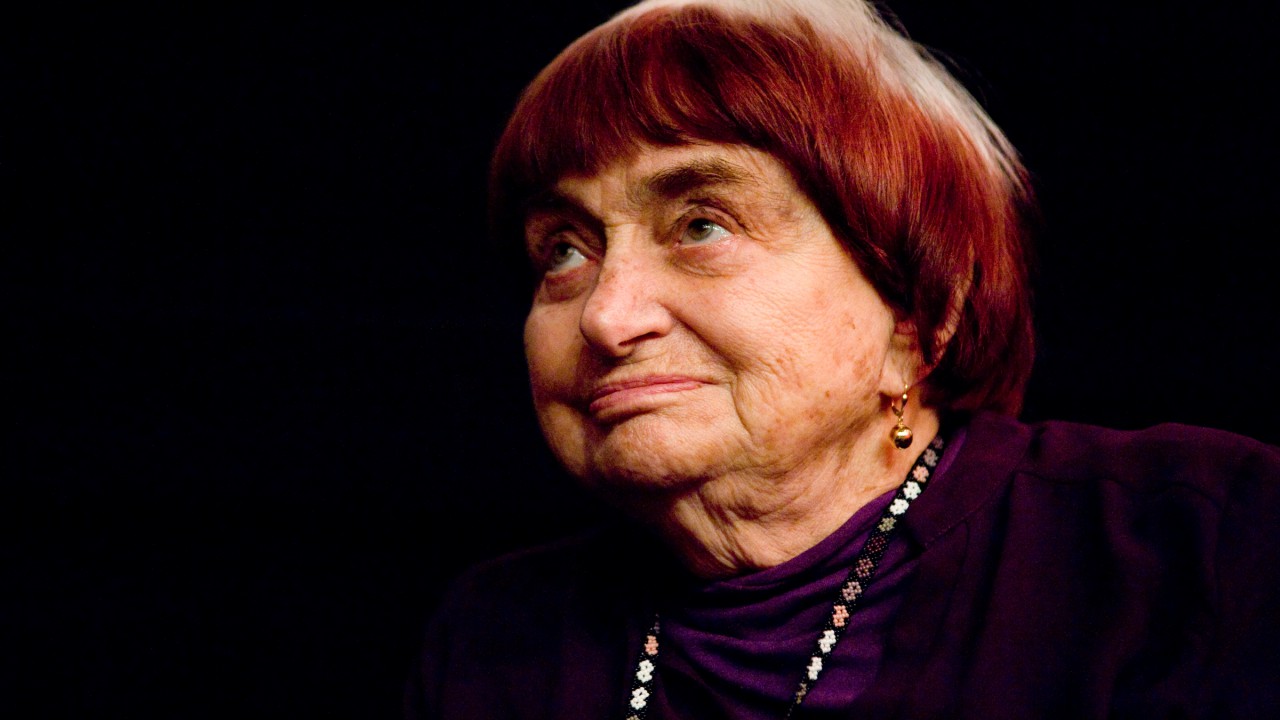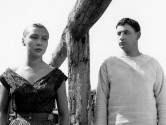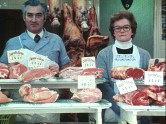
2018 Norton Lectures in Cinema: Agnès Varda
One of the most influential and inventive artists associated with the French New Wave, Agnès Varda (b. 1928) has created a remarkable body of films that playfully and insightfully dance between, and beyond, the traditional categories of fiction/non-fiction, poetry/prose and cinema/photography. Wonderfully prolific, Varda premiered her latest film Faces Places at the 2016 Cannes Film Festival, and it has been received with critical acclaim at festivals around the world. A moving testament to Varda’s uniquely humanist cinema and her long love of portraiture, Faces Places affirms her status as one of the legendary filmmakers still active today. With Faces Places Varda returns once more to the alternately playfully and philosophical mode of the essay film which she pioneered together with her close friends and occasional collaborators Alain Resnais and Chris Marker. The high points of Varda’s long and still active career are equally marked by pioneering narrative features such as Cleo from 5 to 7 and Vagabond as by ruminative essays such as Daguerréotypes and The Gleaners and I.
Varda studied art history and still photography before turning to film at the age of twenty-five. Incredibly, she had no experience behind the camera when she began directing her first film, La Pointe Courte, and admits to having seen only a small number of movies prior to launching her storied directorial career. In 1962, Varda married the filmmaker Jacques Demy, a partnership that lasted until his death in 1990 and resulted in her touching tribute, Jacquot de Nantes.
Varda coined the term cinécriture, or “cine-writing,” to describe her unique method of filmmaking, whereby every aspect of the film is carefully planned in order to extract the greatest possible resonance from the juxtaposition of word and image and to define an overall rhythm and tempo defined by an often intricate editing structure. The result is a combination of the deeply personal and the sociological, providing Varda with the unique means to indulge in the documentary impulses that have guided her throughout—shooting on the streets, casting non-professional actors to play roles similar to themselves—while crafting complex and moving narratives involving fictional characters whose stories are reflected in and enhanced by the documentary details discovered by Varda’s ever inquisitive eye.
The subject of a 2009 Harvard Film Archive retrospective, Varda returns to Harvard now as a Charles Eliot Norton Professor in Poetry, invited to deliver two of the 2018 Norton Lectures, alongside Frederick Wiseman and Wim Wenders. Together with the honorary Oscar awarded Varda this past November, the Norton Professorship recognizes Varda as one of the greatest and most original filmmakers of our times. – Haden Guest






















